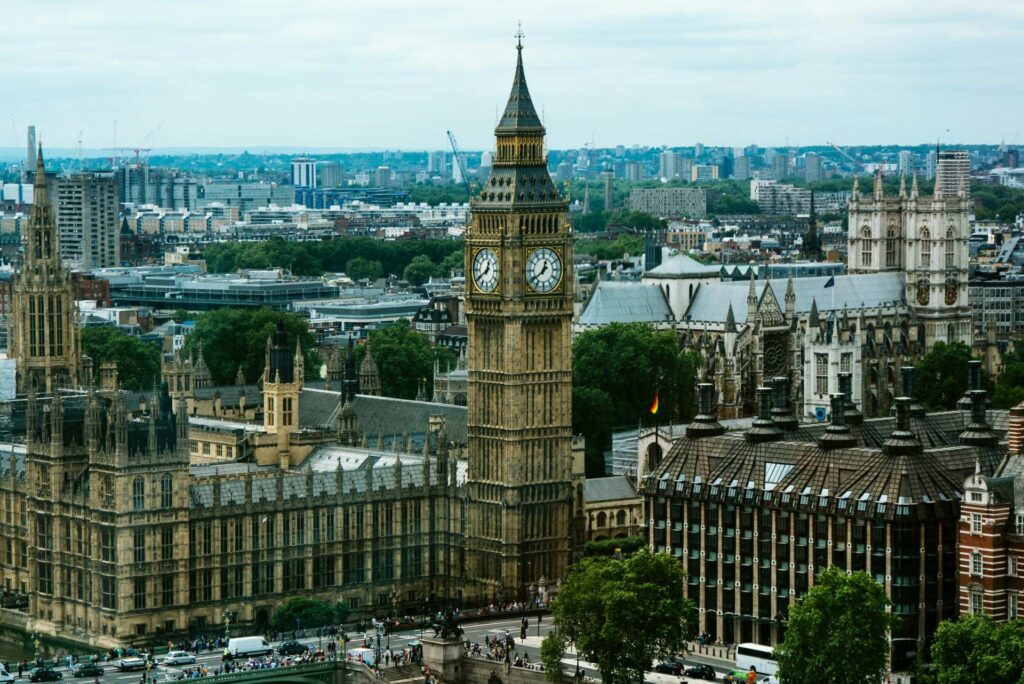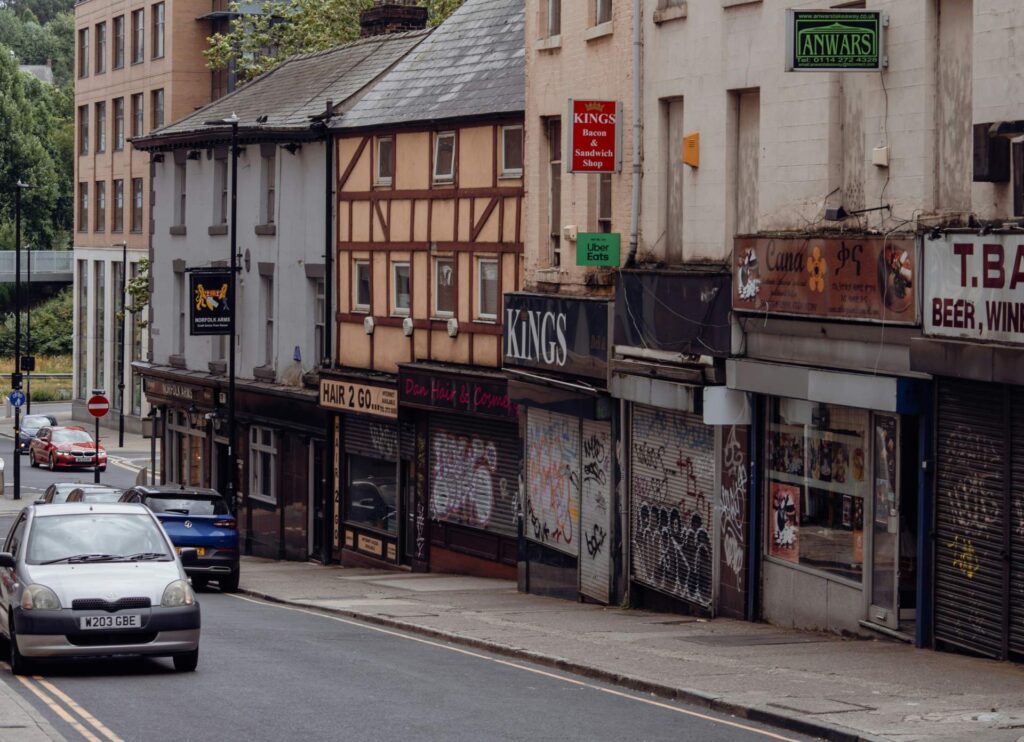Autumn Budget brings new minimum wage demands and business rates relief reform for nightclubs
“The chancellor has been clear that difficult decisions lie ahead to fix the foundations and address the £22bn hole the government has inherited.”
– Treasury Spokesperson
The words “difficult decisions lie ahead” could spell the end for dozens of nightclubs and thousands of hospitality workers. Significant changes to taxes paid by businesses have been announced. These are set to drastically impact the balance sheets of nightclubs, as well as having a knock on effect for the consumer habits of customers.
Closures are the most prevalent issue in the hospitality industry. The first half of 2024 saw 50 pubs close every month, reported the NTIA, and the nightclub sector is forecast to disappear entirely by 31st December 2029 if the current closure rate continues.
However, despite constant industry pressure from NDML and the NTIA and hospitality organisational bodies, the government have not offered any hope this will change. Instead the budget focusses on addressing a hole that Labour aledges was left by the Conservatives; a hole to be filled by increases taxes on businesses. We listened in to the announced budget, and reviewed the main areas where nightclubs and hospitality will be particularly affected.

5 ways the budget will impact nightclubs and hospitality businesses
Increase to National Insurance Contributions
In the Labour manifesto, the Labour Party pledged not to increase national insurance and VAT. Rachel Reeves has navigated around this promise by rising employer contributions on national insurance. Employers have been paying 13.8% of their worker’s earnings in national insurance taxes. This will rise to 15% following the new autumn budget announcement. The threshold will also be lowered for when employers start paying tax, from £9,100 to £5,000.
This flips the cut that the previous government announced in Autumn last year. The rise will put more pressure on businesses, deterring employers from hiring extra staff or creating jobs.
Rachel Reeves did not that a small business could employ 4 full-time workers on national living wage without paying any national insurance because of her small business allowance. As it stands, 865,000 employers won’t pay any national insurance contributions.
The NIC rise is set to raise £25 billion for the government, yet some forecasters say it is closer to £8.5 billion. The impact on the hospitality sector is likely to be significant, and alongside soaring energy costs, it’s likely the sector will further erode. Job vacancies will reduce, as will staff numbers, as employers will no doubt look to offset their increased costs.
Increase to Minimum Wage
The minimum wage will increase by 6.7%.
The national living wage, which applies to workers 21 years old and over, will increase from a minimum of £11.44 per hour to £12.21 per hour. The change is mandatory as of April 2025. The change equals a £1,400 pay rise for low paid full-time workers.
The minimum wage for 18-20 year olds will also increase by 16.3%, which equals £1.40 more. They will now be required to be paid £10 per hour.
3.5 million people will receive a significant pay rise as of April, but this change will pile pressure on hospitality businesses. The late-night sector will be particularly affected because of the density of its young workforce.
Kate Nicholls, chief executive of UKHospitality, said: “It’s an added £1.9 billion to the hospitality wage bill, on top of the cost of the Employment Rights Bill and, if rumours about the Budget are true, employer NICs and business rate rises.”
“Trying to balance the books from the pockets of high street businesses will simply leave hospitality as collateral damage – threatening jobs, future investment, price increases for consumers, and business viability.”
Update to Business Rates Relief
Business rates are set to be reformed. The current business rates relief offers a 75% discount on tax bills. The relief was introduced in 2020 during the pandemic and has since been extended. It was set to end next spring. Reform is due, however the only current plan is to revert the changes.
The worry was that business rates relief would end, quadrupling of the taxes nightclubs and hospitality pay, which would be disastrous. However Rachel Reeves has announced that the relief will go to 40% in 2025/2026. This is still an increase in costs for nightclubs, but is better than expected. We wait to see if this sounds the final nail in the coffin for late night businesses on the brink of closure.
Business Rates Relief is up to a cap of £110,000 per business. Furthermore, the small business tax multiplier will be frozen next year and permanently lower tax rates will be introduced for retail, hospitality and leisure properties in 2026/2027.
The Guardian reported that: More than a quarter of the businesses surveyed said they would close at least one site if their rates bills returned to pre-pandemic levels.
Employment Rights Updates
The budget brings forth the Employment Rights Bill, which is the biggest update to rights at work. This bill affects redundancy, unfair dismissal, and the treatment of workers, as well as equality. The bill will ban zero-hours contracts, and introduces employments rights to all workers on day one – including paternity and parental leave. Right to bereavement leave will also be mandated, replacing out of date employment laws.
The new Bill aims to give greater protection to workers, strengthen statutory sick pay, and improve growth and the feeling of security at work.
Surprise Alcohol Duty Changes
Mixed news for pubs and nightclubs as alcohol drink prices were mentioned in the budget. Rates on non-draught drinks will be increasing by 2.7% from February 2025. Whereas alcohol duty tax on draghts is set to be cut by 1.7%.
Since two-thirds of alcoholic drinks served in pubs are draught, this sounds good news for both consumers and pub-owners. Cheaper pints, mixed with an increase to wages, will hopefully see an increase in consumer spending at local pubs.
In August last year, the previous Tory Government introduced the largest Alcohol Duty increase in almost 50 years. A cut to Alcohol Duty has been campaigned for hard by the NTIA and hospitality bodies, so this seems at least to be a step in the right direction.


NTIA CEO Michael Kill states: “We are in one of the toughest trading environments the UK has seen in decades for our sector, fraught with a legacy of challenges from previous crises. While the Chancellor has listened to our plight, the extended business rates relief is a minor concession amongst the array of tax increases and fiscal shifts, which will take some time to evaluate and consider regarding sector impacts. However, in simple terms, it is still double the contribution of the current business rates.”
This relief will be immediately undercut by increased NIC Employer contributions and thresholds with increased individual employer contributions to businesses, net increase in alcohol duty and overarching workforce increases, although rightly intended to support the workforce, will have severe repercussions for already struggling businesses across the sector. This shows an acknowledgement of some of the core businesses within nightlife but lacks consideration for the broader industry outside of bricks and mortar and the vital and diverse role our night-time economy plays within our communities and the UK’s culture and economy.”
Why it’s important that nightclubs and hospitality business have a dedicated broker?
Finances need to be closely monitored and managed by nightclub and hospitality employers. Insurance is a critical and necessary spend for all businesses, and yet it can be hard to see it’s use and value without ever having an incident. Insurance proves its worth when the worst happens – it’s not a matter of if but when – and when that does happen, businesses will want the best broker on their side.
NDML are the nightclub industry’s best and most popular insurance broker. We serve the majority of nightclubs in the UK, as well as a wide range of businesses in the leisure and hospitality sector.
NDML as your dedicated broker promises to:
- Negotiate with insurers to get the best price on your cover
- Provide outstanding service and a 24/7 helpline
- Understand your business to ensure you are not underinsured
- Keep businesses up to date on emerging risks
- Deliver results for claims made
- Offer solutions for increasing cover and growing businesses
- Connect you with our partner services to deliver health & safety and HR solutions
If you are worried about your finances, or are looking to switch brokers, contact NDML today.







